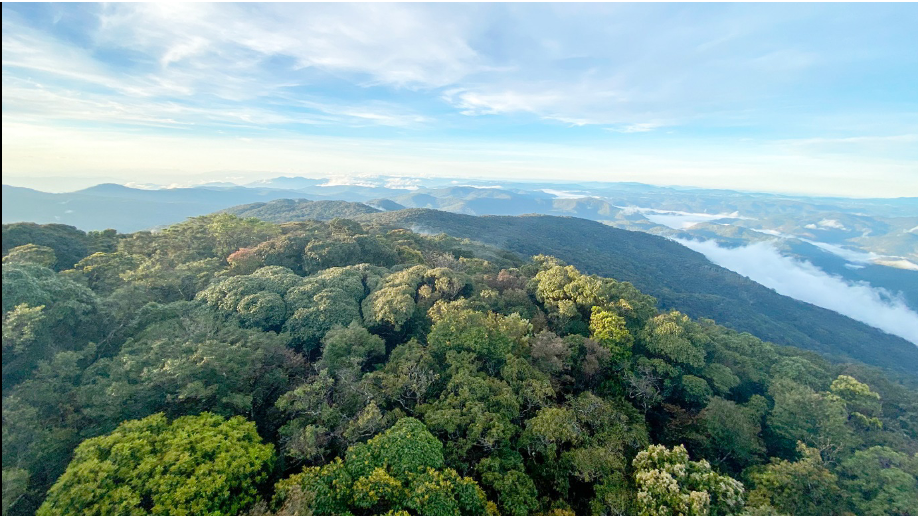On May 22, the European Commission (EC) published a national classification system based on risk levels under the EU Deforestation Regulation (EUDR), in which Vietnam was classified as a “low-risk” country.
This is a positive signal that agricultural and forestry export products from Vietnam to the EU - such as coffee, wood, and rubber - will be subject to simpler control procedures, reducing business costs and compliance burdens.
The EUDR, expected to take effect at the end of 2025, is an essential legal tool to prevent global deforestation by strictly controlling the supply chains of agricultural and forestry products. It applies to wood, cocoa, coffee, soybeans, beef, palm oil, and derivative products like leather, chocolate, and furniture.
 Countries classified as “low risk” will be subject to simplified control procedures for their agricultural and forestry export goods by the EC. Photo: Lam Dong Newspaper
Countries classified as “low risk” will be subject to simplified control procedures for their agricultural and forestry export goods by the EC. Photo: Lam Dong NewspaperAlongside publishing the national classification system, the EC also announced a series of adjustments to reduce administrative burdens and compliance costs for businesses inside and outside the EU. Large enterprises will be allowed to reuse previously completed due diligence declarations when re-importing goods already placed on the European market. The EC emphasized that this simplification aims to “ensure easy and efficient data entry for all users.” Additionally, technical guidelines and frequently asked questions (FAQ) documents have been released since April 15 to assist stakeholders in preparing for compliance.
According to the EC’s assessment, countries classified as “low risk” will benefit from simpler control procedures, facilitating trade and export activities. The EC affirmed its commitment to continuing cooperation with businesses and governments during the practical implementation of the EUDR, ensuring effective enforcement without hindering legal trade and economic development. Previously, the EC increased the budget for the “Team Europe” initiative to 86 million euros to support developing countries in transitioning to legal, sustainable, and deforestation-free supply chains.